Dear Friends,
It’s National Recovery Month, and we have much to celebrate! Measure 110 is up and running, and we’ve made great progress thus far — especially when you consider that this program represents a huge system change and that it’s the first of its kind in the nation. Oregon is writing the playbook for how to successfully transition away from criminalizing addiction to treating it as the health issue it is.
But here’s the reality: we’re still dealing with the worst overdose epidemic our state has ever seen — all while navigating a pandemic. Drug overdose deaths rose nearly 30 percent in 2020 alone to a record 93,000, according to the CDC. That’s the largest single-year increase ever recorded. We at the Health Justice Recovery Alliance recognize that our work is just beginning, and we’re fully committed to making sure that Measure 110 continues to be implemented well, without delay, centering on the needs of the communities most harmed by the war on drugs.
Here are some of the exciting things that have happened with Measure 110 since the program became Oregon law:
- Drug possession was decriminalized as of February 1. Instead of arrests and criminal records, people now found to be possessing small amounts of drugs are being cited and fined $100, and given the phone number for a 24/7 support line (503-575-3769 or 541-575-3769) where they can obtain a free social services screening.
Prior to Measure 110, nearly 9,000 Oregonians were arrested each year for drugs — that’s the equivalent to one arrest every hour. Think of it like this: thanks to Measure 110, we’ve already prevented over 5,000 arrests from happening…and the criminal records and lifelong barriers that go along with them. That’s a big deal.
- The first round of Measure 110 grants were awarded this summer, immediately infusing our behavioral health system with $30 million in urgently needed funds to address the overdose and addiction crisis in Oregon. 70 organizations in 26 Counties were funded with grants/amended contracts. Out of these grants:
- 33 organizations were able to expand access to treatment services for indigent and uninsured individuals;
- 52 organizations were able to hire additional peer support specialists
- 32 service providers were able to add recovery, supportive and transitional housing; and
- 30 organizations were able to increase harm reduction and overdose prevention services.
- The Health Justice Recovery Alliance worked with the legislature to successfully pass SB 755, a bill that strengthens and clarifies certain components of the new law to ensure that the will of the voters is carried out, and that Measure 110 programs focus on the needs of the communities most harmed by the racist war on drugs: Black, Latinx, Indigenous, tribal, Native and other communities of color. The law specifically:
- Established Behavioral Health Resource Networks in all 36 Oregon Counties, which will utilize existing community organizations whenever possible to help stabilize people on their path to recovery and empower them to be healthy;
- Directed the Measure 110 Oversight and Accountability Council to prioritize funding community-based organizations serving communities most impacted by the war on drugs;
- Specifically included the addition of the nine federally recognized tribes and tribal-affiliated organizations for Measure 110 funding.
- Required that law enforcement officials provide information on how to obtain a behavioral health screening when issuing violations for drug possession;
- Required that youth be referred to the juvenile system rather than to adult courts; and
- Established regular audits by the Secretary of State to oversee the new law and measure its success.
- This past session the legislature successfully passed a comprehensive behavioral health package that includes $302 million in funding for Measure 110 services over the next two years.
So what’s next? It’s National Recovery Month! We’re celebrating the occasion by hosting a virtual community forum with local providers to discuss the hopeful path forward. The panel will take place on Thursday, September 30 from 5:30-6:30pm. You can register here.
We recognize that when it comes to creating an Oregon where anyone who wants help can obtain low-barrier, culturally-specific, trauma-informed care, we have a long road ahead. Thank you for continuing to walk this path with us.
I hope to see you at the 9/30 virtual community forum to celebrate National Recovery Month.
In solidarity,
Tera Hurst
Executive Director
Health Justice Recovery Alliance
